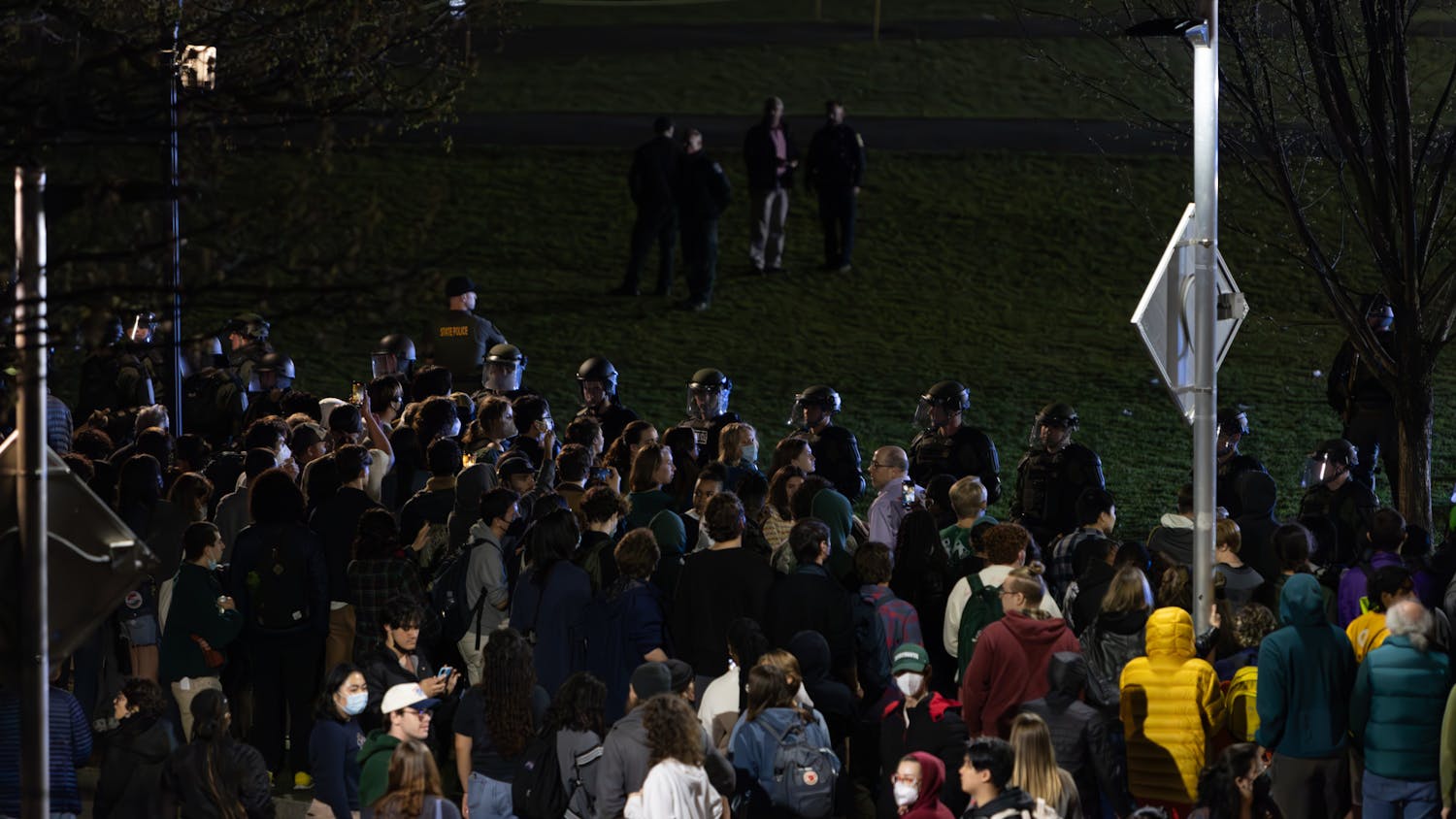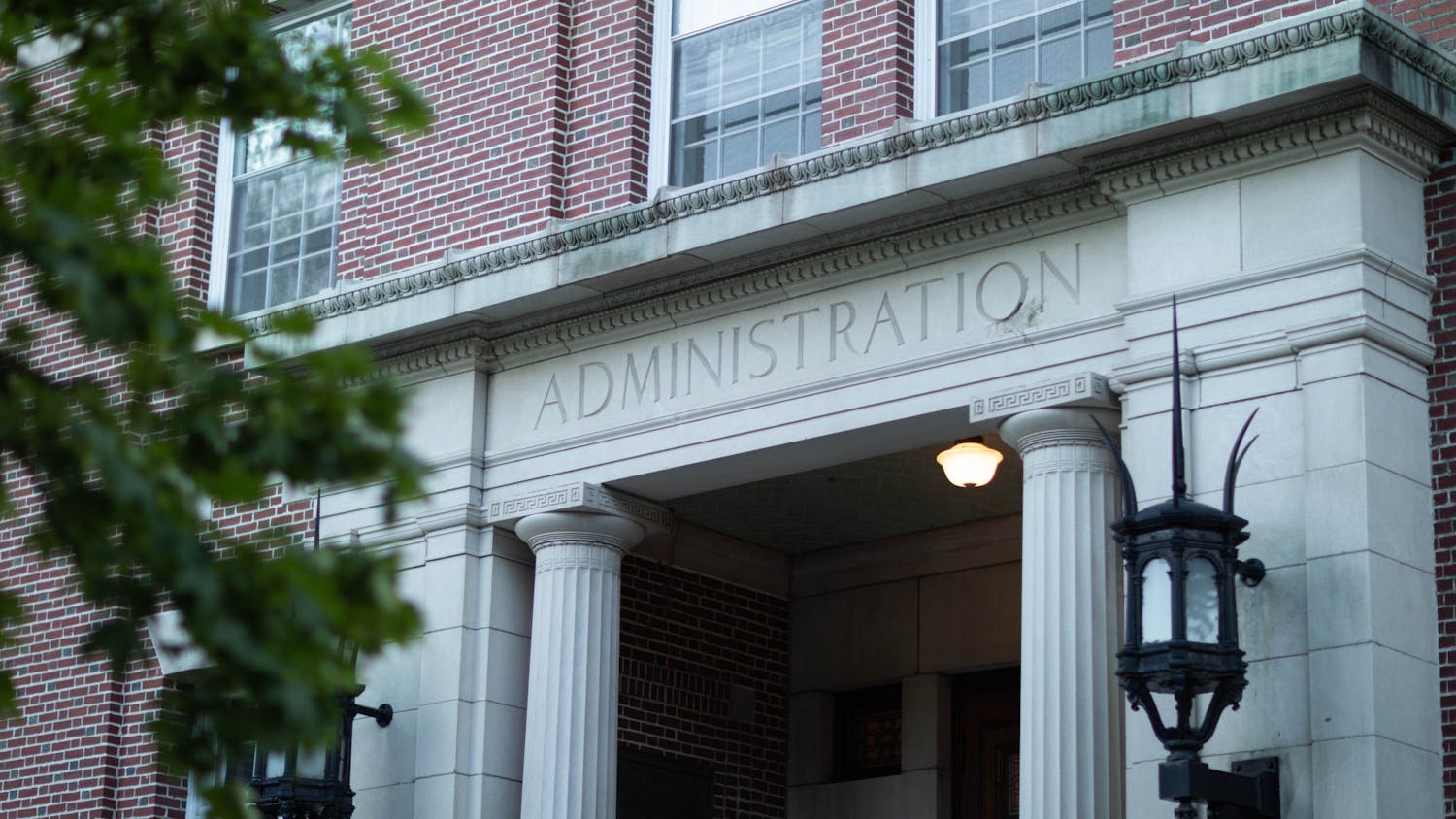The College dropped one spot to the 11th best university in the country, and three spots to fourth in undergraduate teaching in the U.S. News and World Report annual rankings released last week. This decline comes after Dartmouth held the top spot in undergraduate teaching for five years, an accomplishment Dartmouth has highlighted in the past.
Dean of admissions and financial aid Maria Laskaris said she does not think the change in rankings will affect students’ decision to apply. She said the College is not driven by rankings but is always striving to improve, citing entrepreneurship, experiential learning, off-campus programs, internships and extracurricular activities as hallmarks of Dartmouth’s undergraduate experience.
Dartmouth moved up to number seven in this year’s “Great Schools, Great Prices” ranking, based on methodology that compares academic quality with the price for students who receive an average level of need-based financial aid. Last year, the school placed eighth.
“[The ranking] speaks to something this country is very focused on right now — value that a school is providing to its students,” College spokesperson Justin Anderson said, adding that Dartmouth is ranked fifth out of national universities in terms of least debt carried by graduates, up from number 12 last year.
The College highlighted these improvements in its press release, noting changes in overall and undergraduate teaching rankings briefly.
Rankings for best undergraduate teaching are based on a peer assessment by faculty and administrators, according to the U.S. News website. College presidents, provosts, admissions deans and other academics are asked to nominate schools that have faculty with an “unusually strong commitment to undergraduate teaching.”
U.S. News and World Report chief data strategist Bob Morse said the organization surveys about 750 people at national universities. He said the response rate for this question is below 50 percent.
“It’s true that this system is not the most sophisticated because it is based on how many top 10 votes a school gets,” Morse said. “But it does provide some indication that at least there’s a widely held belief that the ones that made it care about undergraduate teaching.”
Unlike other Ivy League schools such as Harvard University, Yale University and Columbia University, the College has far more undergraduate students than graduate or professional students, with about 4,200 undergraduates and 2,100 graduate students. Dartmouth identifies its strong commitment to undergraduate education throughout its website, press materials and admission process.
Annie Huang ’18 said educational quality is mostly dependent on the people at an institution itself, since academic funding can only go so far. She said she is excited for Dartmouth’s undergraduate education because many of her peers seem “intellectually curious” and professors seem to truly care about their students.
English professor Barbara Will said the College derives teaching excellence from the relationship between students and teachers, both of whom are passionate about scholarship. She added that many other institutions sacrifice teaching in lieu of scholarship.
“To my mind, at its best, teaching is the most exciting work that a professor can do,” Will said. “But it has to be fed by research, otherwise it’s superficial. There has to be a balance between the two, and Dartmouth is one of the few elite liberal arts institutions to honestly strive for that balance.”
Will also said the College should focus on quality education and not worry about small changes in rankings, as it is still one of the best schools in the nation.
Students interviewed expressed varied opinions over the meaning and impact of rankings like those provided by U.S. News and World Report. While some did not care at all, others, particularly while applying for colleges, said they turned to rankings as a resource.
Subur Khan ’17 said whenever she does not know anything about a school, she looks at U.S. News to get an idea of a school’s “relative academic standing.” Speaking specifically about Dartmouth, Khan said she was surprised that the College placed fifth in least debt carried by graduates due to its high tuition. Tuition, room, board and mandatory fees at the College reached $61,947 for 2014-15, among the highest in the Ivy League.
As a recent applicant, Huang said rankings provide useful information about key data like selectivity, but she said small changes in rankings would not affect her perception. Strong publicity would probably be more influential in shaping opinions of Dartmouth, she said.
Dana Wieland ’17 said the new undergraduate teaching rankings have caused her to question what Dartmouth lacks compared to the three schools ranked above it. Princeton University took first and the College of William and Mary and Miami University in Oxford, Ohio, tied for second. She said the change would not have affected her as a potential applicant, but said she would be concerned if the College’s ranking in this category continued to drop.
Rebecca Asoulin contributed reporting.



